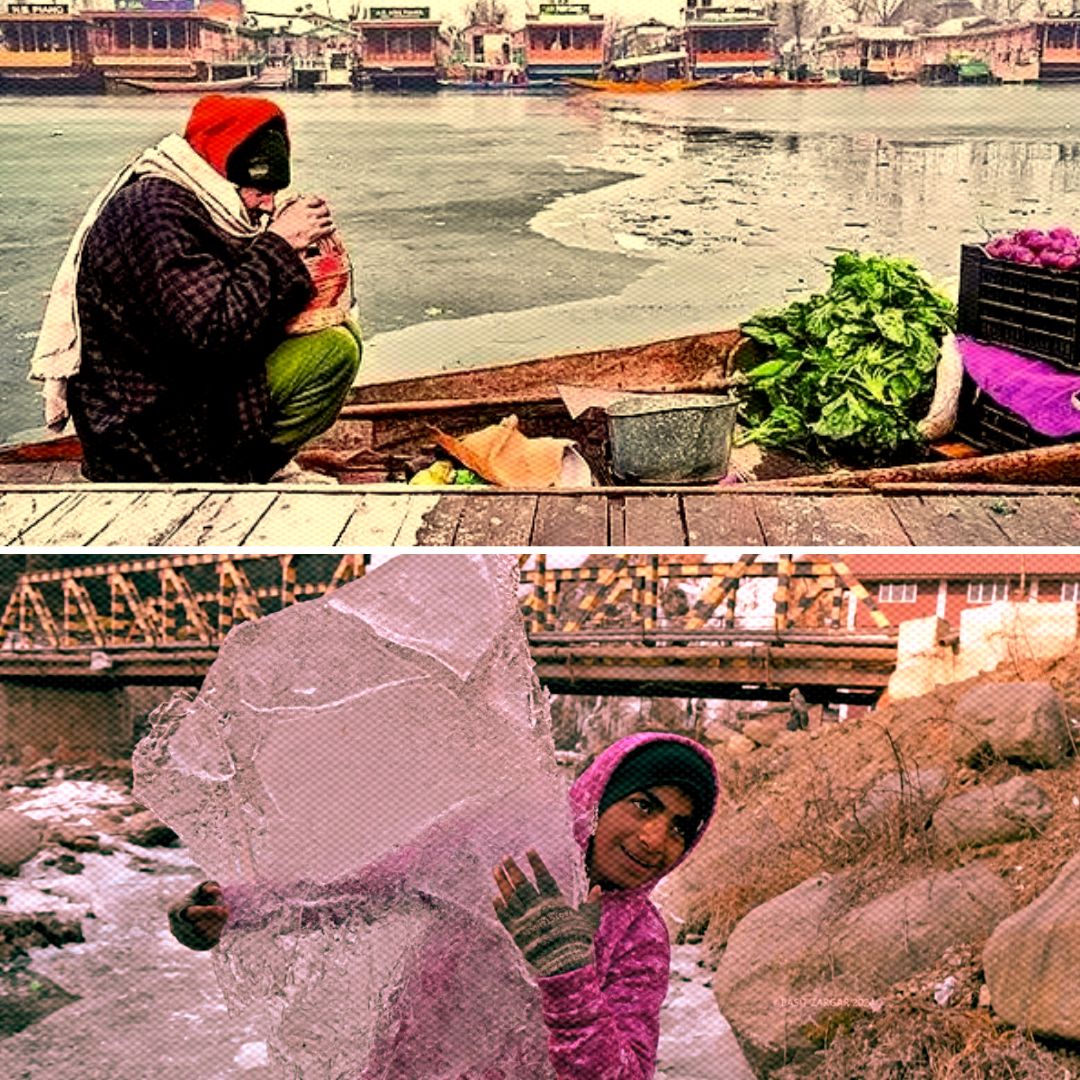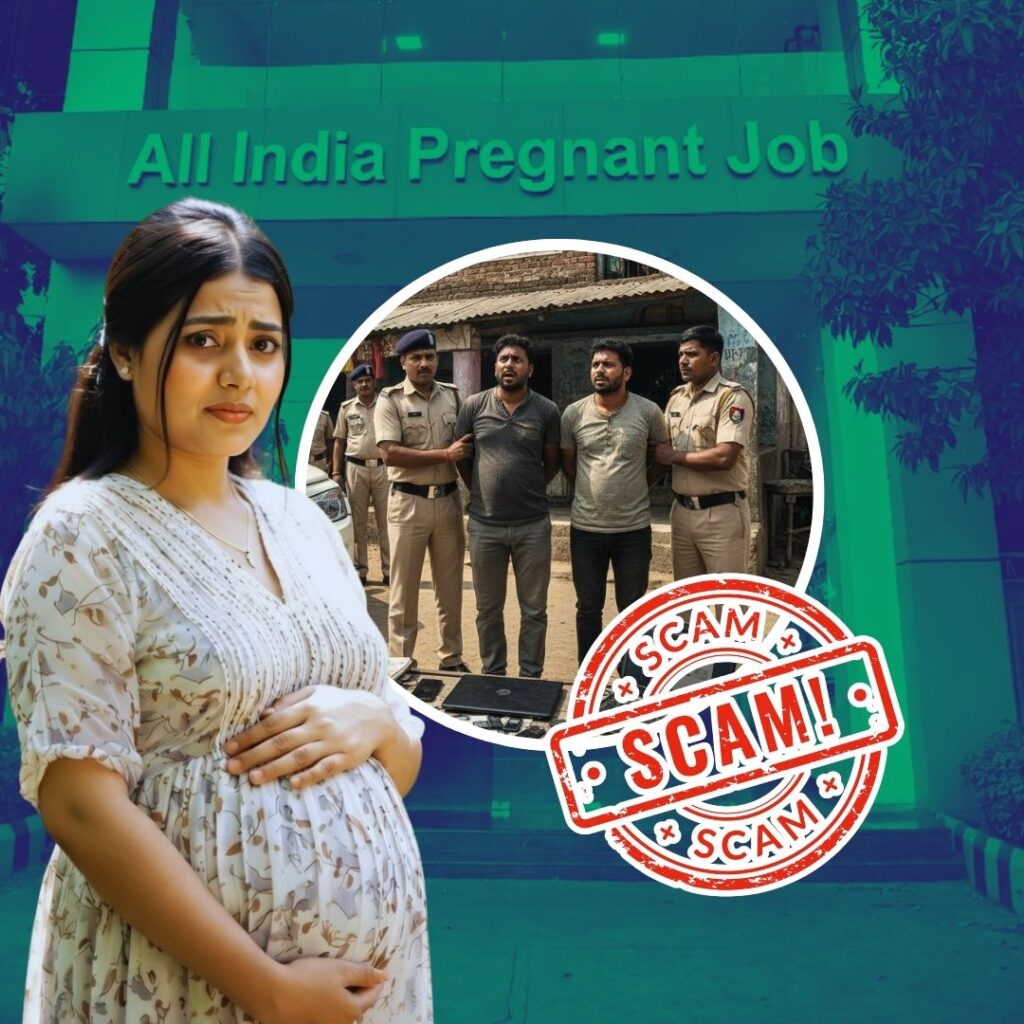Kashmir entered its most severe winter phase, Chillai Kalan, with Srinagar experiencing its coldest December night since 1974 at minus 8.5 degrees Celsius. The 40-day intense cold period has triggered widespread disruptions, challenging local infrastructure, healthcare, and daily life across the Kashmir Valley.
Unprecedented Cold: Breaking Historical Records
The meteorological department confirmed that Srinagar recorded minus 8.5 degrees Celsius, marking the third coldest December night since 1891. Konibal emerged as the valley’s coldest location at minus 10.5°C, with other regions also experiencing extreme temperatures: Pahalgam registered minus 8.6°C, Gulmarg minus 6.2°C, and Qazigund minus 8.2°C. Notably, Srinagar’s lowest-ever minimum temperature in December was minus 12.8 degrees Celsius on December 13, 1934.
Impact on Local Communities: Health and Infrastructure Challenges
Local authorities reported significant disruptions due to the intense cold wave, including frozen water supply lines and restricted transportation. The freezing conditions have hampered daily routines, with many locals struggling to access essential services. “We’re seeing unprecedented cold that’s testing our community’s resilience,” said Dr. Mushtaq Ahmed, a senior physician at Srinagar’s Government Medical College. Hospitals have witnessed a surge in respiratory and cold-related ailments, particularly among the elderly and children.
Meteorological Insights: Understanding the Cold Wave
The current cold wave is part of the traditional Chillai Kalan period, which lasts for 40 days and is known for extreme temperatures in Kashmir. The meteorological office has forecast mainly dry weather until December 26, with potential light snowfall expected on December 21-22 and again from December 27-28. Light snowfall is also anticipated on New Year’s Eve. Chillai Kalan will conclude on January 31, 2025, followed by a 20-day Chillai Khurd (small cold) and a 10-day Chillai Bachha (baby cold), indicating that cold wave conditions will persist in the valley.
The Logical Indian’s Perspective
As Kashmir confronts these extreme winter challenges, we must reflect on community solidarity, climate resilience, and humanitarian support. How can we collectively develop more robust support systems for communities facing increasingly unpredictable and severe environmental conditions? What innovative solutions can we implement to protect the most vulnerable during such extreme weather events?
VIDEO | Harshest winter period in Kashmir 'Chillai Kalan' started two days back, and with that the iconic, and picturesque Dal Lake in Srinagar has started to freeze. Shikara operators were seen breaking the ice sheets formed on the surface of lake through their paddle in order… pic.twitter.com/r08hSlSfmp
— Press Trust of India (@PTI_News) December 23, 2024
#Srinagar | कश्मीर घाटी में शीत लहर के कारण डल झील की ऊपरी सतह पर बर्फ जम गई है#JammuKashmir pic.twitter.com/rhvrlDYRTX
— डीडी न्यूज़ (@DDNewsHindi) December 23, 2024











